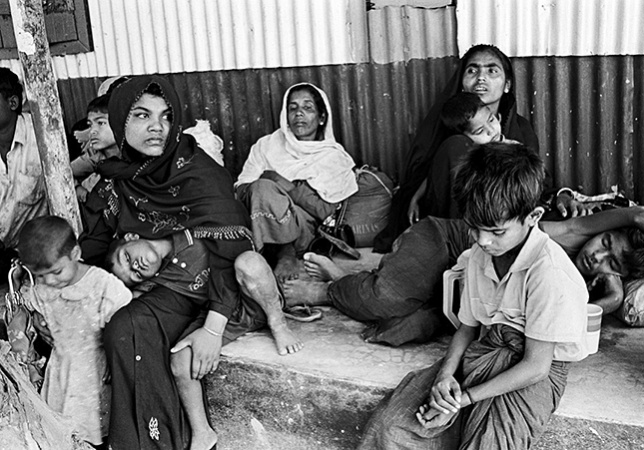
Mar 3, 2015 | News
Myanmar’s parliament must reject or extensively revise a series of proposed laws that would entrench already widespread discrimination and risk fuelling further violence against religious minorities, Amnesty International and the ICJ said today.
A package of four laws described as aimed to “protect race and religion” – currently being debated in parliament – include provisions that are deeply discriminatory on religious and gender grounds.
They would force people to seek government approval to convert to a different religion or adopt a new religion and impose a series of discriminatory obligations on non-Buddhist men who marry Buddhist women.
“Myanmar’s parliament must reject these grossly discriminatory laws which should never have been tabled in the first place. They play into harmful stereotypes about women and minorities, in particular Muslims, which are often propagated by extremist nationalist groups,” said Richard Bennett, Amnesty International’s Asia-Pacific Director.
“If these drafts become law, they would not only give the state free rein to further discriminate against women and minorities, but could also ignite further ethnic violence,” he added.
The draft laws have been tabled at a time of a disturbing rise in ethnic and religious tensions, as well as ongoing systematic discrimination against women, in Myanmar.
In this context, where minority groups – and in particular the Rohingya (photo) – face severe discrimination in law, policy and practice, the draft laws could be interpreted to target women and specific communities identified on a discriminatory basis.
“The passage of these laws would not only jeopardize the ability of ethnic and religious minorities in Myanmar to exercise their rights, it could be interpreted as signalling government acquiescence, or even assent, to discriminatory actions,” said Sam Zarifi, ICJ’s Asia Director. “The introduction of these discriminatory bills is distracting from the many serious political and economic issues facing Myanmar today.”
Of the four draft laws, two – the Religious Conversion Bill and the Buddhist Women’s Special Marriage Bill – are inherently flawed and should be rejected completely.
The remaining two – the Monogamy Bill and the Population Control Healthcare Bill – need serious revision and the inclusion of adequate safeguards against all forms of discrimination before being considered, let alone adopted.
These bills do not accord with international human rights law and standards, including Myanmar’s legal obligations as a state party to the UN Convention on the Elimination of all Forms of Discrimination against Women and the UN Convention on the Rights of the Child.
Amnesty International and the ICJ have conducted a legal analysis of the four laws and have found that:
- The Religious Conversion Bill stipulates that anyone who wants to convert to a different faith will have to apply through a state-governed body, in clear violation of the right to choose one’s own religion. It would establish local “Registration Boards”, made up of government officials and community members who would “approve” applications for conversion. It is unclear whether and how the bill applies to non-citizens, in particular the Rohingya minority, who are denied citizenship in Myanmar. Given the alarming rise of religious tensions in Myanmar, authorities could abuse this law and further harass minorities
- The Buddhist Women’s Special Marriage Bill explicitly and exclusively targets and regulates the marriage of Buddhist women with men from another religion. It blatantly discriminates on both religious and gender grounds, and feeds into widespread stereotypes that Buddhist women are “vulnerable” and that their non-Buddhist husbands will seek to forcibly convert them. The bill discriminates against Buddhist women as well as against non-Buddhist men who face significantly more burdens than Buddhist men should they marry a Buddhist woman.
- The Population Control Healthcare Bill – ostensibly aimed at improving living standards among poor communities – lacks human rights safeguards. The bill establishes a 36-month “birth spacing” interval for women between child births, though it is unclear whether or how women who violate the law would be punished. The lack of essential safeguards to protect women who have children more frequently potentially creates an environment that could lead to forced reproductive control methods, such as coerced contraception, forced sterilization or abortion.
- The Monogamy Bill introduces new provisions that could constitute arbitrary interference with one’s privacy and family – including by criminalizing extra-marital relations – instead of clarifying or consolidating existing marriage and family laws.
Contact
In Bangkok – Sam Zarifi, ICJ Regional Director for Asia and the Pacific, sam.zarifi(a)icj.org; m +66807819002
In London – Olof Blomqvist, Amnesty International Asia-Pacific Press Officer, olof.blomqvist(a)amnesty.org; t: +44 20 7413 5871, m +44 790 4397 956
An extensive legal analysis of the laws by Amnesty International and the ICJ can be found here:
Myanmar-Reject discriminatory race and religion draft laws-Advocacy-2015-ENG (full text in PDF)
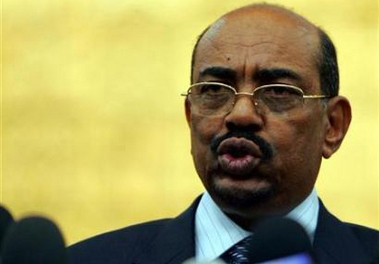
Feb 19, 2015 | News
The ICJ and other rights groups welcome the decision Africa’s main human rights treaty body has made which recognizes Sudan’s obligation to protect human rights defenders and to ensure that their work promoting and protecting the rights of others is not hindered or frustrated.
The ICJ, the International Federation for Human Rights (FIDH), the World Organisation against Torture (OMCT), the African Centre for Justice and Peace Studies (ACJPS) and REDRESS hail the important decision of the African Commission on Human and Peoples’ Rights (ACHPR), published on 13 February 2015, which called on Sudan to effectively investigate and prosecute the security and intelligence officers alleged to be responsible for the arbitrary arrest, torture and ill-treatment of three prominent human rights defenders; to reopen and unfreeze the bank accounts of a human rights organization shut down in connection with the case and to pay them compensation.
Human rights defenders Monim Elgak, Amir Suliman and the late Osman Hummaida were targeted for their supposed cooperation with the International Criminal Court in a pending case against the President of Sudan Omar Al Bashir (photo) arising from international crimes committed in Sudan’s Darfur region.
The three human rights defenders were arrested on 24 November 2008 by Sudan’s National and Intelligence Services (NISS) and subjected to torture and ill-treatment for three days.
After their release, they were effectively forced to flee Sudan because of their fear of further persecution, given the impunity enjoyed by the security and intelligence services and the inaction of the Sudanese government.
Suliman was Director of the Khartoum Centre for Human Rights and Environmental Development (KCHRED), which in 2009 was shut down by the Sudanese authorities and had its bank accounts frozen.
Hummaida, an ardent advocate for human rights who founded the Khartoum Centre and set up the ACJPS in Uganda, after his release, to ensure continued reporting of the human rights situation in Sudan, died in 2014.
The complainants turned to the ACHPR in 2009. The Commission found their complaint admissible in 2012, agreeing that the Sudanese justice system prevented them from obtaining redress in Sudan.
OMCT and FIDH intervened on their behalf at the ACHPR and the complaint was supported by the ICJ, ACJPS and REDRESS.
Reacting to the decision, Amir Suliman, Legal Programme Coordinator of ACJPS and complainant in the case, said: “The African Commission’s decision is an important recognition of the harm caused not only in our own case but the daily harm caused to the Sudanese people through the actions of the security and intelligence services. It also highlights the lack of effective safeguards against torture and remedies for victims.”
Monim El Jak, complainant in the case and Acting Chairperson of the Commission for the Protection of Civilian and Human Rights in the conflict zones of Southern Kordofan and Blue Nile, said: “We hope this decision will make the Sudanese government stop and reflect on its ongoing crackdown on civil society groups and human rights activists and also helps to put an end to other human rights violations.”
The UN Human Rights Defenders Declaration establishes that states must take effective measures to facilitate the work of human rights defenders and protect their rights.
Gerald Staberock, OMCT Secretary General, added: “The ruling sends a powerful message against torture and for the protection of those who fight torture and impunity in Sudan and in Africa. Sudan has now to fully implement and comply with this ruling providing reparations. It is time for all to recognize the vital role human rights and anti-torture activists play for the benefit of their societies.”
Karim Lahidji, the FIDH President, said: “The decision of the African Commission is significant and comes in a context where Sudanese human rights defenders continue to work in an environment that is marked by extreme insecurity and rampant impunity. Sudan must ensure that reprisals against those advocating for justice and fundamental rights and freedoms are no longer tolerated and unpunished.”
Arnold Tsunga, ICJ Africa Regional Programme Director, said: “The Government of Sudan must now expeditiously comply with the findings of the African Commission to provide reparation to the victims, as well as to ensure guarantees of non-repetition.”
Lutz Oette, REDRESS Counsel, added: “Human rights defenders continue to be harassed, arbitrarily arrested, detained, and prosecuted in Sudan, or driven into exile. The African Commission’s decision is a timely reminder of Sudan’s obligations to protect human rights defenders, and to put a stop to its current practice.”
Contact:
Arnold Tsunga, ICJ Africa Regional Programme Director, t +27 73 131 8411, e arnold.tsunga(a)icj.org
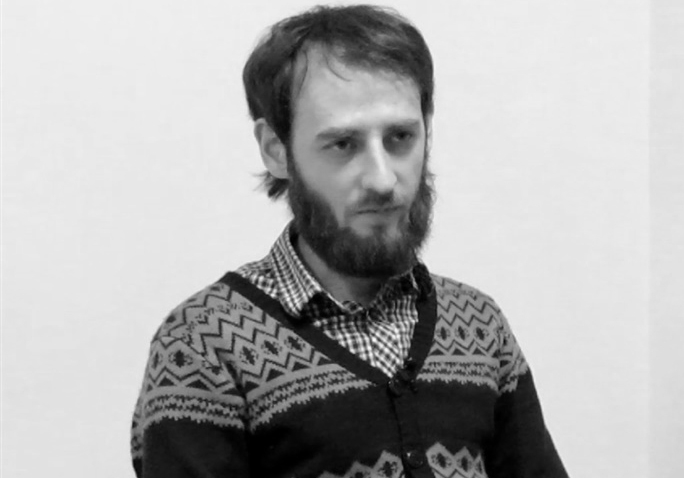
Feb 5, 2015 | News
The ICJ is concerned by yesterday’s attack on lawyer Murad Magomedov in Makhachkala, near the Supreme Court of Dagestan building. The ICJ calls on the authorities to take effective measures to guarantee the security of lawyer Magomedov.
The attack took place during a break in a Supreme Court hearing in which Murad Magomedov was defending his client, Akhmed Israpilov, on charges of terrorism.
The lawyer was severely beaten by a group of five people, and sustained serious head injuries.
He was taken to the Republican Central Clinical Hospital, where he remains, recovering from concussion, multiple injuries and fractures of the jaw.
“This is yet another in a series of physical attacks against lawyers in Dagestan and shows the urgent need for the authorities to take effective measures to protect lawyers in the region,” Temur Shakirov, ICJ Legal Adviser, said today. “Both local and federal authorities in the Russian Federation must ensure a prompt investigation leading to those responsible for this violent act being brought to justice.”
The UN Basic Principles on the Role of Lawyer provide that “where the security of lawyers is threatened as a result of discharging their functions, they shall be adequately safeguarded by the authorities”.
Under international human rights law, the State must take steps to protect the security of persons who the authorities know or ought to know are under threat, and must ensure an independent, prompt, and thorough investigation of any attacks on the life or physical integrity of individuals.
Murad Magomedov has worked as a lawyer with “Memorial” Human Rights Centre since autumn 2014 and represents individuals affected by of a “special operation” in Dagestan’s Vremenyi village in September 2014. In this case Magomedov does not act as a Memorial representative.
The ICJ has previously highlighted cases of assault and killing of lawyers in Dagestan.
Contact:
Róisín Pillay, Director, Europe Programme, roisin.pillay(a)icj.org
Temur Shakirov, Legal Adviser, Europe Programme, temur.shakirov(a)icj.org
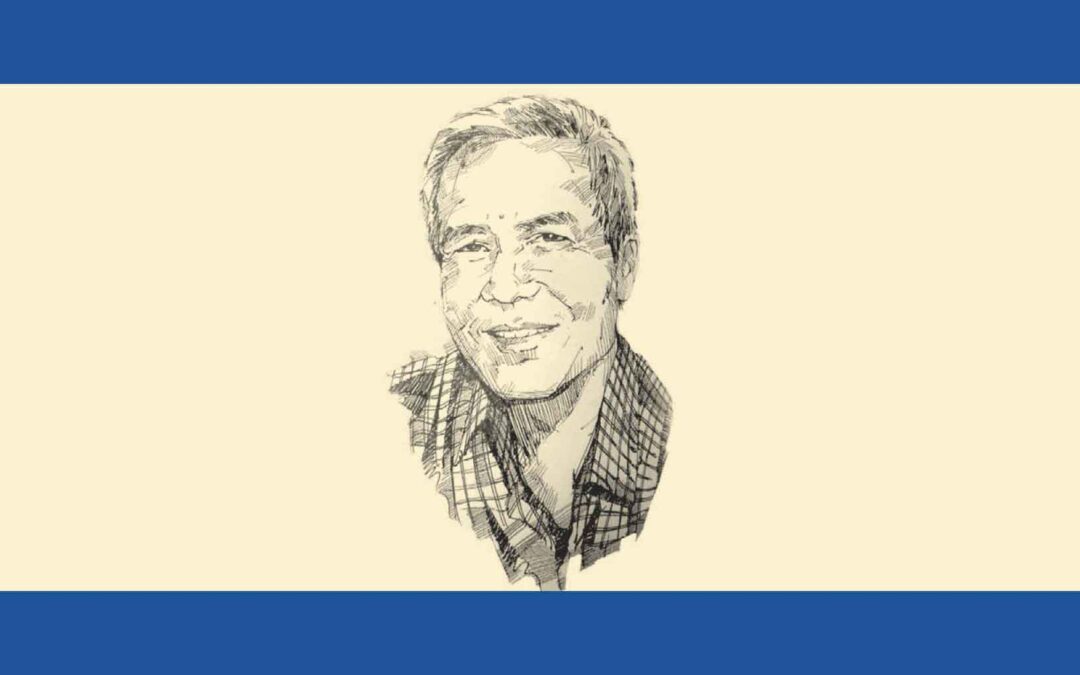
Dec 11, 2014 | News, Publications, Reports
Two years after prominent Laotian activist Sombath Somphone was last seen at a police checkpoint, the Laotian government must do more to investigate his suspected enforced disappearance, said the ICJ in a new report released today.
In the report, Missed Opportunities: Recommendations for Investigating the Disappearance of Sombath Somphone, which was co-authored by Michael Taylor QPM, a leading international investigator, the ICJ noted that despite the passage of two years since Sombath Somphone’s apparent enforced disappearance on December 15, 2012, very little information about the progress of investigation has been released to the public or his family.
“The fact that the Lao PDR government’s last report on the progress of the investigation was released over 18 months ago raises serious concerns as to whether the Laotian authorities are in fact carrying out an effective investigation into this case as they are required to do under international law,” said Sam Zarifi, ICJ’s Regional Director for Asia and the Pacific.
“It is not enough for the Laotian government simply to assert it is investigating this case. International law obliges Lao PDR authorities to conduct an investigation that is credible and effective, along the lines suggested in ICJ’s report.”
Among other recommendations, the ICJ’s report suggests a range of investigative steps that should be addressed by the authorities of Laos PDR including establishing a relationship with Sombath Somphone’s family, carrying out a proper technical assessment of the Closed circuit Television (CCTV) footage of his abduction, analyzing relevant cell phone information from telephone cells and towers, and mandating an independent expert body to review the results of the investigation to date and make recommendations.
The Lao PDR government has denied any involvement in Sombath Somphone’s abduction.
But reports released by police reveal a wholly inadequate investigation that has not come any closer to a credible explanation as to his fate or whereabouts.
“The ICJ hopes that this report will assist the Laotian authorities to identify potential leads in the case so that the truth as to the whereabouts and fate of Sombath Somphone can finally be established and those who are responsible for criminal conduct and violations of his rights can be brought to justice,” said Zarifi.
“One of the conclusions of the ICJ’s review of the publicly available material regarding this case is that this case remains ‘eminently solvable’ if proper investigative methodology is followed.”
Key recommendations in the report include:
- Formulate a sensitive family liaison strategy that ensures that their right to be regularly provided with information about the progress and results of the investigation are respected in a manner that also ensures the effectiveness of the investigation.
- Implement a CCTV strategy that ensures the capture and systematic analysis of all relevant material and the submission of material to accredited independent and expert laboratories that will provide the best opportunity for enhancement of critical detail.
- Seek the assistance of appropriate agencies in other countries in the forensic examination and analysis of crime scenes, vehicles, phone and CCTV data, and any physical or other evidence.
- Ensure an independent comprehensive review of the scope, methodology and results of the investigation to date is carried out by a competent, independent and relevantly expert body. Such a body should have the authority to request and receive all relevant information, question individuals and make recommendations. All officials and experts who have been involved in the investigation to date should cooperate and provide information to the independent body carrying out the review.
Contact:
Sam Zarifi, ICJ Asia Regional Director, (Bangkok), t:+66 807819002, e-mail: sam.zarif(a)icj.org
Kingsley Abbott, ICJ International Legal Adviser, (Bangkok), t:+66 944701345, e-mail: kingsley.abbott(a)icj.org
Background:
Sombath Somphone, Lao PDR’s most prominent community development advocate and a Ramon Magsaysay Award winner, was last seen on December 15, 2012, on a road in the capital Vientiane.
Closed circuit Television footage showed him being stopped at a police checkpoint, exiting his vehicle, and after his vehicle was driven away by an unidentified man, getting into another vehicle with unidentified men and being driven away. He has not been seen since.
As a State Party to the International Covenant on Civil and Political Rights (ICCPR and Convention Against Torture and Other, Inhuman or Degrading Treatment or Punishment (CAT), the Government of Lao PDR has the duty to carry out independent, impartial and effective investigations into cases of alleged enforced disappearance.
Download the report in PDF:
Lao-Somphone disappearance-Publications-report-2014-ENG (full report in English, PDF)
Lao-Somphone disappearance-Publications-report-2014-LAO (full report in Laotian, PDF)
Read also:
Lao PDR: government must tackle enforced disappearance case
ICJ submission on the Universal Periodic Review of Lao
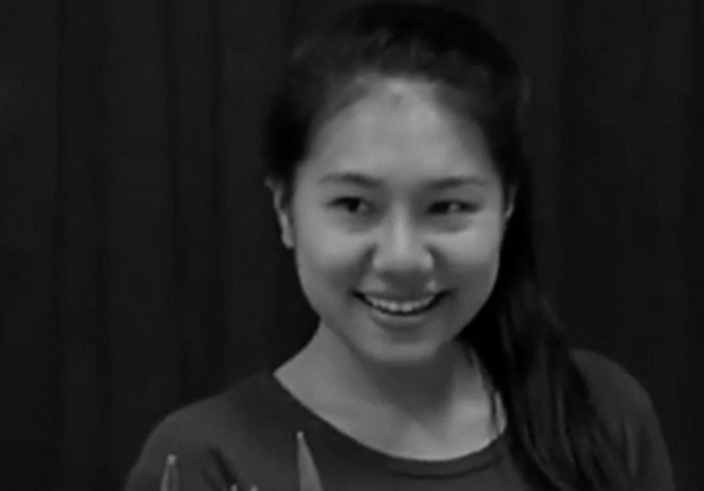
Aug 4, 2014 | News
The Royal Thai Government must conduct a prompt, independent and impartial investigation into allegations that military officers subjected Kritsuda Khunasen to torture, while holding her in incommunicado detention at a secret location for nearly one month, the ICJ said today.









